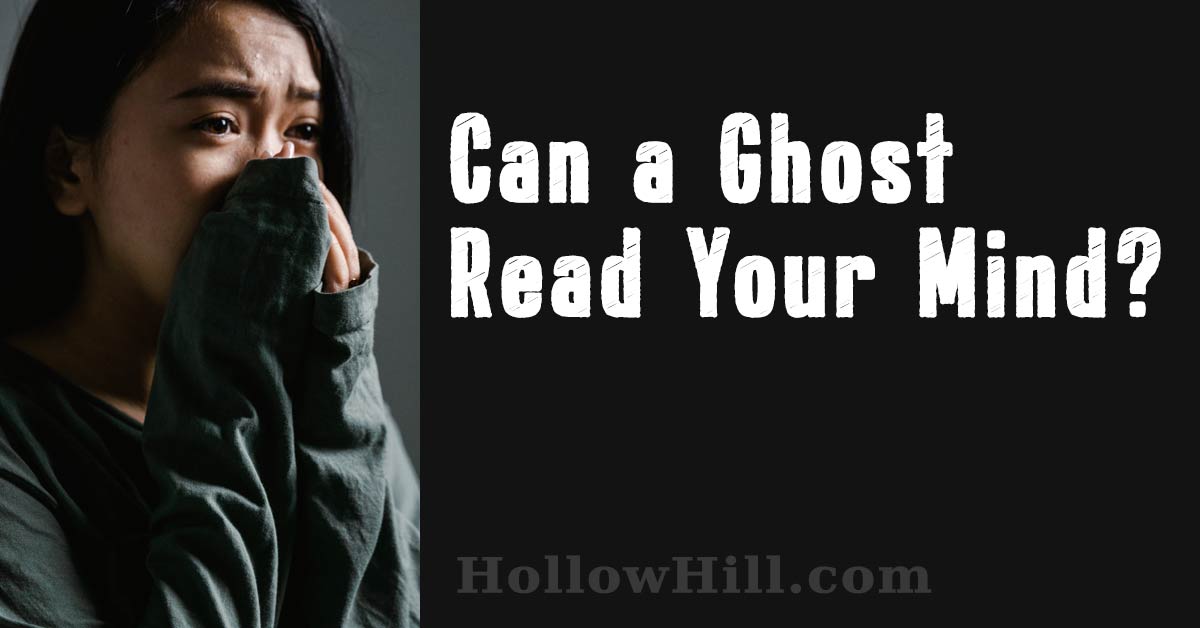When should you avoid ghost hunting? Why – at certain times – could your safety (and sanity) be at risk?
At almost every large ghost hunting event, I’ve seen someone put themselves in harm’s way.
I’m sympathetic, and though it’s understandable, the person isn’t thinking clearly.
They’ve suffered a tragic loss. Someone they cared deeply about is gone.
The person decides that, through ghost hunting, they might reconnect with the deceased.
I have never seen a positive outcome to that… not the kind that involves certain contact with the other (deceased) person, or full closure to their grief.
Worse, it puts the grieving person at risk. They may be so eager to communicate with the lost loved one, he becomes vulnerable to dark or malicious entities.
(Yes, some dangerous and demonic entities seem to masquerade as lost friends and family.)
Or, the person may be victimized by charlatans masquerading as ghost hunting professionals.
Online or in person, sleazy people can steal the grieving person’s money, or even their identity.
At the other extreme, when someone is involved in paranormal research with a single, self-serving goal, it’s easy for them to distract their team members.
For example, the person may wander off by himself, thinking he saw something that reminded him of the person who died.
Then, the investigation has to be halted while everyone searches for the missing team member. In many cases, that adds up to a frustrating, wasted research session.
(This is why I recommend a careful interview before accepting anyone new on a critical investigation. Be sure you know the person’s motivation for ghost research.)
Finally, ghost hunting may prevent the person from completing the grieving process. They won’t let go of the past. They’re still trying to hold onto the person who’s gone.
Really, at almost every ghost hunting event, by late in the evening, I’ve found someone sobbing in a corner, absolutely distraught.
In every case, the person was still mourning a lost loved one. And, during that event, the person realized that ghost hunting wasn’t going to bring back their loved one.
Grief and ghost hunting don’t mix.
My advice is: Cherish the memories. Allow yourself to grieve. Give yourself as much time as you need. (I’ve always admired the Jewish tradition of “sitting shiva.” I think many of those traditions could help people of other faiths – including Atheists – as well.)
Seek professional counseling if you need it. Don’t feel embarrassed to reach out to those who can help.
After that, if you’re still interested in ghost hunting – out of curiosity, or a spiritual or scientific interest – get involved.
Meanwhile, you put yourself at risk if you leap into ghost hunting with the goal of reconnecting with a lost loved one.
There are many great reasons to become a paranormal investigator and pursue ghost hunting. Be honest with yourself – and your team mates – about why you’re there.
We need more bright, interested ghost researchers. I hope you are (or will be) one of them… but only when the time is right for you.

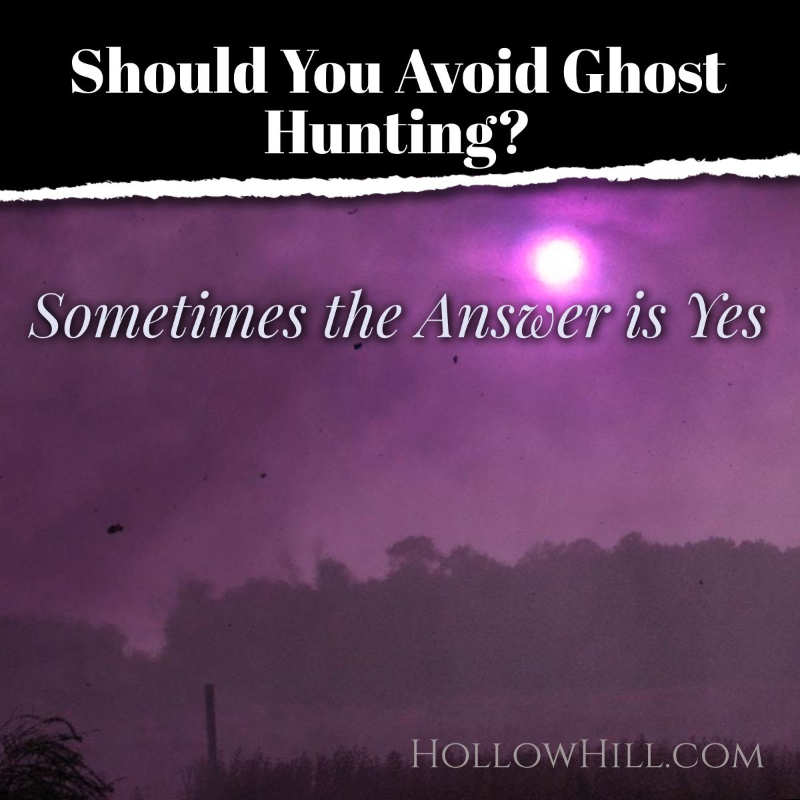
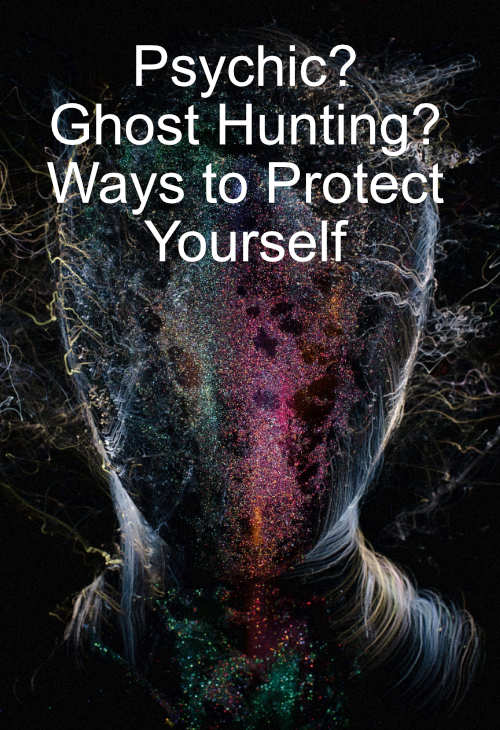
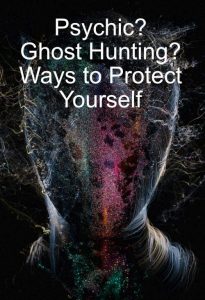 Many ghost hunters have sensed ghosts, seen them, or even sensed messages from them. So, in a way, we’ve sometimes been “mediums.” That doesn’t mean we’re evil, or witches, or even making up stories from our imaginations.
Many ghost hunters have sensed ghosts, seen them, or even sensed messages from them. So, in a way, we’ve sometimes been “mediums.” That doesn’t mean we’re evil, or witches, or even making up stories from our imaginations.
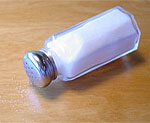 As long as you’re dealing with ghosts — not demons — the following methods have been successful.
As long as you’re dealing with ghosts — not demons — the following methods have been successful.
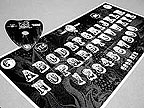 Ouija boards are a controversial topic, and not just among ghost hunters. Many people ask me about Ouija boards, and if I believe in them. Others warn me about demons and divination tools of all kinds, but especially Ouija boards.
Ouija boards are a controversial topic, and not just among ghost hunters. Many people ask me about Ouija boards, and if I believe in them. Others warn me about demons and divination tools of all kinds, but especially Ouija boards.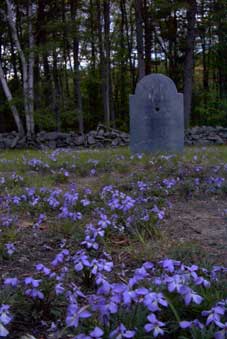 Psychic skills and sensitivity can be useful during ghost investigations, if the psychic is skilled, understands the risks involved, and maintains appropriate boundaries.
Psychic skills and sensitivity can be useful during ghost investigations, if the psychic is skilled, understands the risks involved, and maintains appropriate boundaries.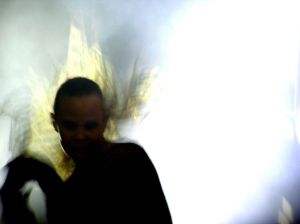 In recent years, many psychics has been deceived by entities that did a really good job of pretending to be ghosts.
In recent years, many psychics has been deceived by entities that did a really good job of pretending to be ghosts. In the past, I’ve talked about time limits for helping ghosts during routine investigations.
In the past, I’ve talked about time limits for helping ghosts during routine investigations.